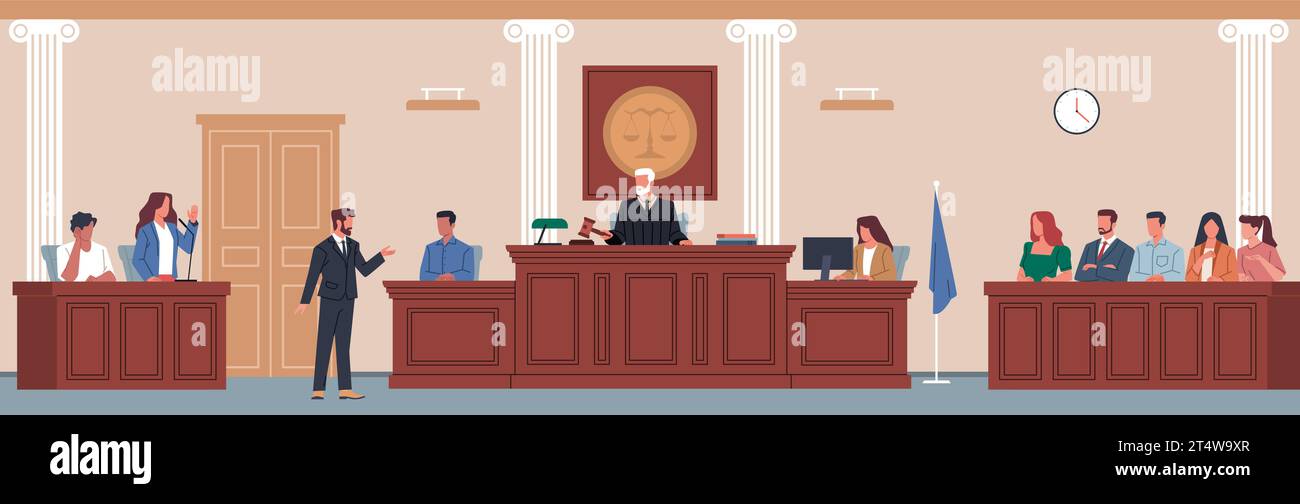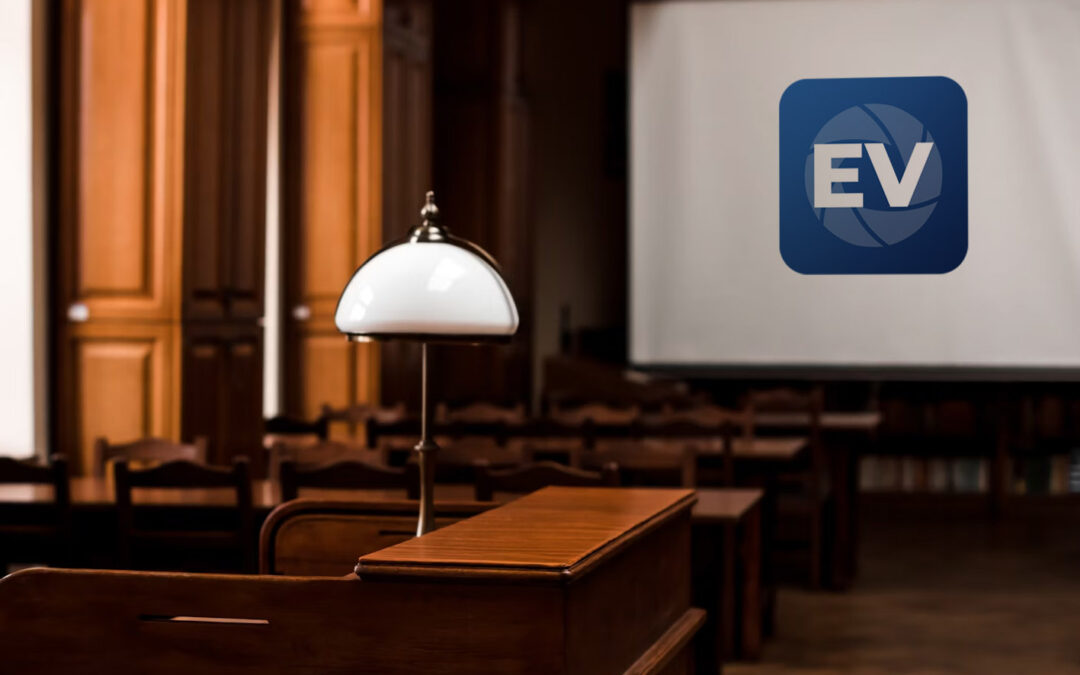Clarify legal arguments with interactive and structured trial presentations that engage jurors.
Clarify legal arguments with interactive and structured trial presentations that engage jurors.
Blog Article
Just How Trial Presentations Enhance Your Debate and Persuade Jurors
Test discussions offer as a critical system for improving legal arguments and encouraging jurors. The strategic usage of visuals not just clarifies complex details yet also captures jurors' focus more effectively than words alone.

Importance of Visual Help
Aesthetic aids play an important duty in improving the efficiency of trial discussions, as they can considerably boost audience involvement and retention of info. In the context of a trial, where jurors are entrusted with processing facility info, aesthetic aids serve to streamline and clear up essential points. Charts, charts, and pictures can share data and concepts that may otherwise overwhelm or confuse jurors, allowing for a more simple understanding of the proof provided.
In addition, aesthetic aids help in keeping juror focus throughout the process. By breaking the monotony of spoken testimony, these tools can punctuate crucial arguments, making them a lot more memorable. Effective visual aids can additionally stimulate emotional reactions, which can be critical in encouraging jurors to straighten with the presenter's narrative.

Crafting Engaging Narratives
An engaging story is important in test presentations, as it functions as the backbone of reliable persuasion. It enables attorneys to weave with each other truths, evidence, and emotional aspects right into a meaningful tale that resonates with jurors. This narrative framework makes it possible for jurors to comprehend the intricacies of the case while guiding them through the attorney's debate.
To craft an engaging narrative, lawyers should concentrate on quality and coherence. This includes establishing a clear protagonist-- frequently the client-- and outlining their journey with the events concerned. Offering the truths in a logical sequence improves comprehension and maintains engagement. Furthermore, using vivid descriptions can create mental images that help jurors envision the events, making the narrative extra unforgettable.
Furthermore, integrating essential themes throughout the discussion enhances the core message and help in retention - trial presentations. The story must not just share info yet also stimulate a sense of justice, highlighting the risks involved. Inevitably, a sound story promotes a connection in between the Homepage jurors and the instance, positioning the lawyer's debate as both legitimate and engaging, thereby increasing the probability of a desirable judgment

Involving the Jury Mentally
Reliable court interaction rests on the lawyer's ability to attach with jurors on an emotional level. This link can substantially influence jurors' assumptions and their utmost decision-making. Utilizing emotional allures allows attorneys to humanize the instance, transforming abstract legal principles into relatable experiences. By providing real-life tales or testimonials, lawyers can stimulate compassion and compassion, fostering a much deeper understanding of the issues at risk.
Aesthetic help, such as photos or videos, can additionally improve emotional involvement, supplying jurors with vibrant representations of the situation's human components. Crafting a narrative that highlights the battles and victories of the individuals entailed makes certain that jurors see beyond the legal disagreements and acknowledge the human effects of their choices.
An attorney's passionate delivery can reverberate with jurors, enhancing their psychological investment in the instance. It's necessary to balance psychological appeals with factual evidence, making certain that jurors really feel forced to act while staying based in the fact.
Structuring Your Presentation

The body of the presentation should be realistically fractional right into essential factors, each supported by compelling evidence. It is useful to utilize narration techniques to weave truths into a story that jurors can conveniently comply with. Aesthetic aids, such as graphes and video clips, can boost comprehension and engagement, assisting to highlight important pieces of evidence.
Real-World Study
Taking a look at real-world case research studies gives important insights right into the art of trial presentations and persuasion. The landmark case of "O.J. Simpson v. The People of California" illustrates exactly how visual help and compelling stories can guide jury perceptions. The defense team properly employed a method that integrated prominent expert weblink statements with multimedia discussions, which mesmerized jurors and inevitably affected their choice.
Another noteworthy example is the "McDonald's Coffee Situation," where the complainant's attorneys utilized visuals photos of the injuries received by Stella Liebeck. trial presentations. This raw aesthetic evidence played a vital function in sharing the extent of her burns, bring about a significant jury honor. Such cases show that impactful test presentations typically rest on my explanation the efficient combination of visuals and narration to evoke psychological feedbacks from jurors
Moreover, the "Casey Anthony Test" highlighted the significance of narrative coherence and credibility. The prosecution's failure to establish a compelling timeline lessened their influential power, underscoring the need of a well-structured discussion. Examining these instances reveals that successful trial presentations need calculated preparation, psychological involvement, and the capability to resonate with jurors' worths and ideas.
Final Thought
Test discussions substantially enhance arguments and persuade jurors through the calculated use of visual help, compelling stories, and emotional engagement. By streamlining complex information and cultivating connections with the audience, these components produce an unforgettable and impactful experience. A well-structured discussion equilibriums emotional allures with accurate proof, ultimately resonating with jurors' worths. The combination of these strategies not only affects decision-making but additionally underscores the importance of effective interaction in the court.
Report this page